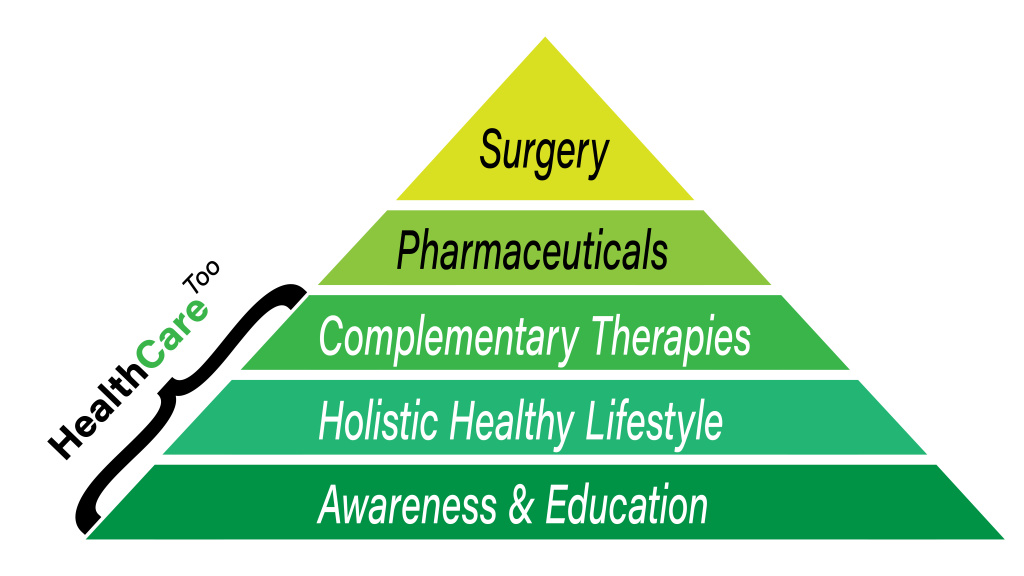Flexitarian Diet
There is on-going debate about what we should eat. However, there is wide agreement that a plan-based diet packs a number of health benefits. The challenge has been integrating a plant-based diet into a modern Western lifestyle, especially the US love for meat. The Flexitarian Diet tries to strike that balance between vegetarian ideas and conventional Western diet.
The evidence in support of following a plant-based diet is pretty convincing. Vegetarians tend to weigh less, have lower LDL (or bad) cholesterol, and decreased cancer risk. But giving up meat seems daunting, particularly if you can’t live without burgers, bacon, or a juicy rib eye. However, there’s a way you can have your steak and eat it too: the flexitarian diet.
As the name implies, this crowd generally eats vegetarian but aren’t sticklers. That means you can go ahead and order a burger when the craving hits. Sound tempting?
Provided that meat is replaced with produce, instead of say, potato chips, you’ll receive a good variety of vitamins and minerals, says Herrington. Guys should get about 35 grams of fiber each day, but studies show only five percent of Americans eat enough of the nutrient.
Aside from the obvious, like regular bowel movements, fiber helps lower cholesterol, decreases the risk of heart issues, and can keep you full for longer.
Not impressed? Well. flexitarian diets also are linked to a reduced risk of type 2 diabetes and lower body weight, according to a 2016 review of studies published in the journal Frontiers in Nutrition.
Source: What is the Flexitarian Diet? A Plant-Based Eating Plan That Allows Meat
You may also enjoy Reduce Red Meat, Reduce Heart Disease




